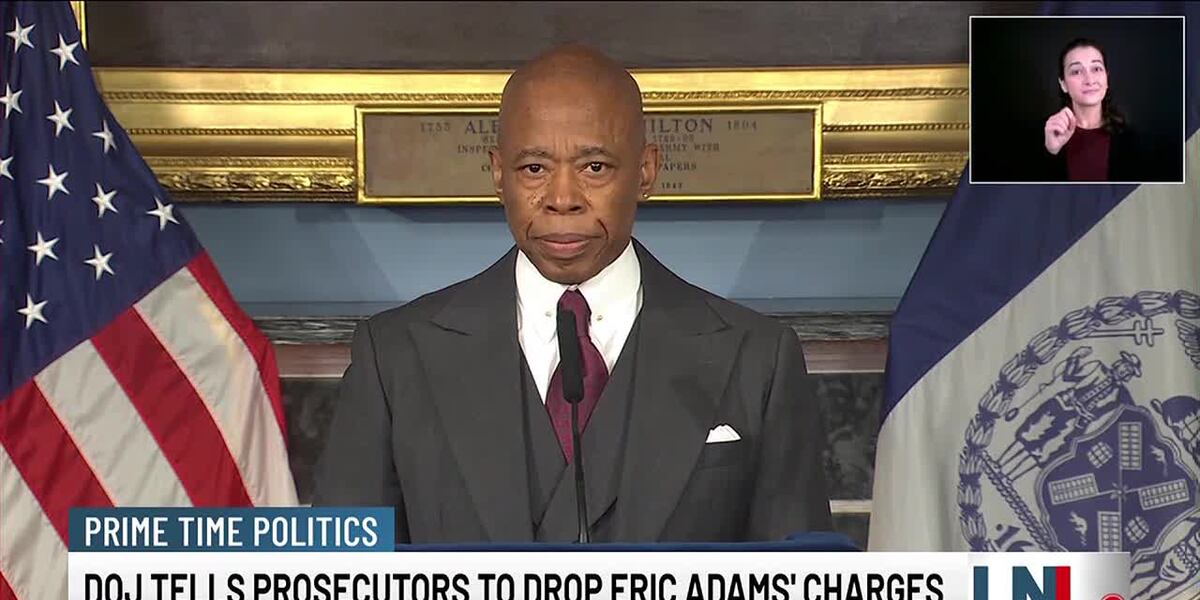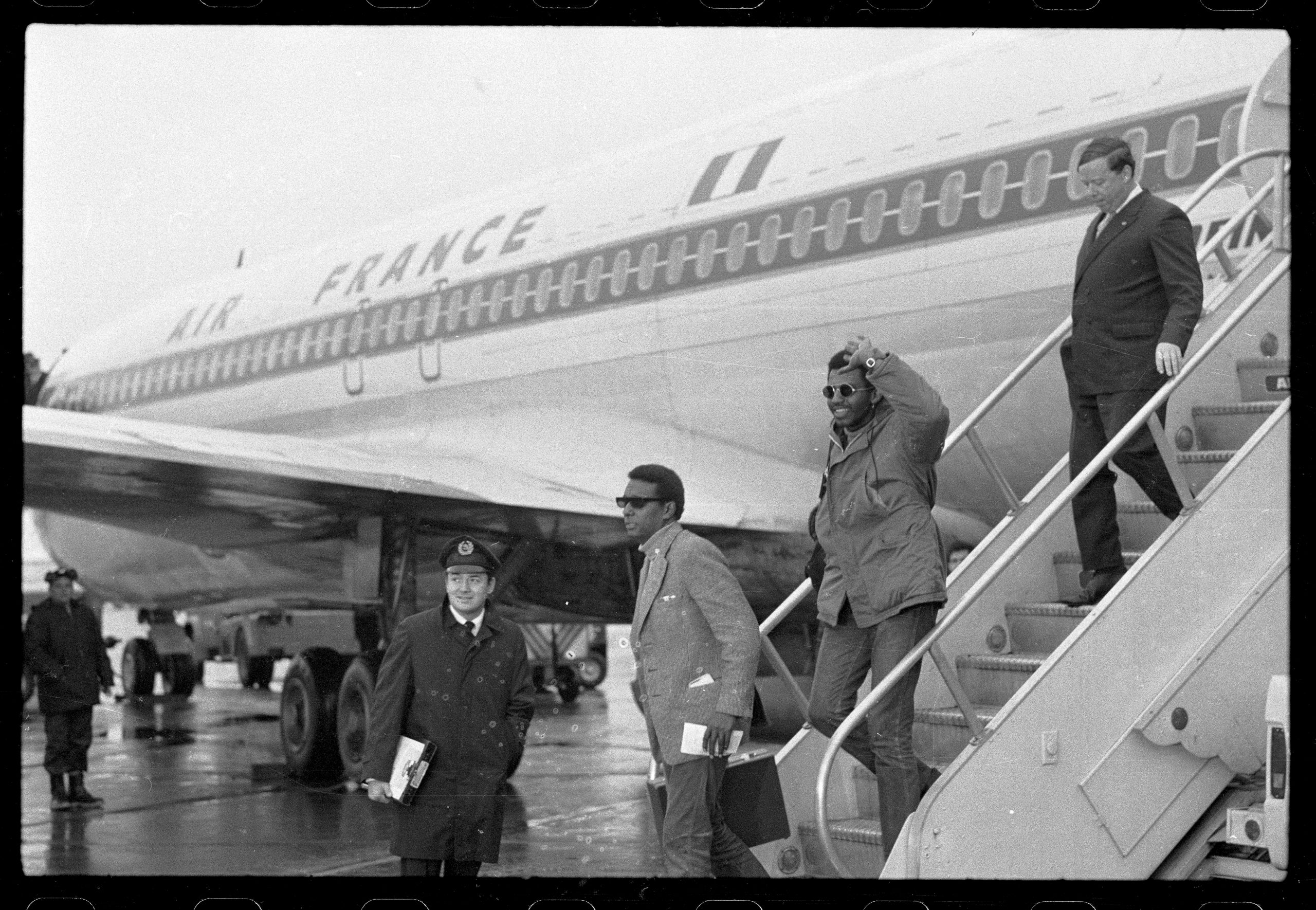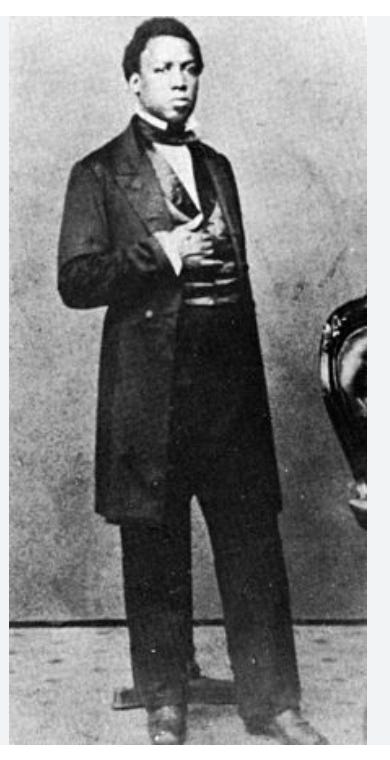- BlackVoter.Org
- Posts
- BlackVoter.Org
BlackVoter.Org


In a thought-provoking commentary, Pastor Corey Brooks emphasizes the importance of prioritizing character over identity politics. Reflecting on Martin Luther King Jr.
's teachings, he challenges us to look beyond superficial traits and appreciate the individuality of each person. Brooks argues that it's all too easy to succumb to identity-based stereotypes, especially in today’s outrage-driven social media landscape, where authenticity often gets sacrificed for clicks.
He shares his own experience of resisting societal pressures to frame narratives through a racial lens, choosing instead to focus on the deeper truths of character and community values. As he builds a $45 million community center, Brooks envisions a future where individuals are recognized for their character, transcending the labels society often imposes.
His message is clear: true progress lies in seeing individuals as complex beings deserving of respect and dignity.

Kendrick Lamar's explosive halftime show at Super Bowl LIX was a vibrant celebration highlighting Black voices and tackling social issues. Acclaimed as one of the best performances in recent memory, Lamar captivated audiences with his powerful lyrics, showcasing tracks from his latest album "GNX" alongside classics from "DAMN.
" The show was anchored by actor Samuel L. Jackson, who provided a poignant narrative, emphasizing the stigmas often faced by hip-hop culture.
Lamar's art, often critiqued by conservatives, acts as a beacon of resilience, rooted deeply in the struggles of the Black community. The performance culminated in a standout moment featuring Serena Williams dancing, symbolizing the unity and strength within the genre.
Ultimately, Lamar’s show was not just about music; it was a call to recognize and uplift Black narratives in America, reminding everyone of the transformative power of hip-hop and its role in ongoing social justice dialogues.

In a riveting twist in the political arena, the DOJ is reportedly scrutinizing NYC Mayor Eric Adams, raising eyebrows and questions in the Big Apple. Meanwhile, former Trump strategist Steve Bannon made headlines by accepting a plea deal, a significant move that could reshape his future and the political landscape.
Senior National Correspondent Peter Zampa brings the latest updates from New York, highlighting these crucial developments as they unfold. Amid growing concerns about federal workforce cuts and rising cancer rates among firefighters, these stories dominate the airwaves, keeping audiences engaged and informed on key issues.

February is Black History Month, a time to honor the significant contributions of African Americans throughout U.S.
history. Newport, Rhode Island, boasts a rich heritage dating back to the 17th century, with remarkable African American entrepreneurs making their mark in the 19th century.
The article highlights key figures like George T. Downing, a groundbreaking hospitality entrepreneur who championed desegregation and interracial marriage, and Mary H.
Dickerson, a pioneer in fashion and women's advocacy. Also mentioned are Armstead Hurley, founder of Rhode Island’s first black-owned bank, and Dr.
Mahlon Van Horne, the state's first African heritage dentist. Through vibrant photographs and stories, the legacy of these trailblazers and their businesses is celebrated, showcasing their invaluable impact on the Newport community.

In a compelling exploration of political polarization, Aram Hur from Tufts University's Fletcher School argues that nationalism, often seen as a threat to democracy, can actually enhance democratic engagement when approached with care. Drawing from her experiences in South Korea, Hur highlights how national identity shapes civic trust and can foster unity amidst ideological divides.
She identifies key strategies for bridging gaps: recognizing that opposing factions often perceive each other as existential threats, acknowledging shared values and investment in national identity, and urging political leaders to rise above divisive rhetoric. Hur believes that fostering a more inclusive and positive nationalism could pave the way for a cohesive civic identity that embraces diversity and strengthens democracy.
Her insights aim to prompt productive conversations and inspire a shift towards cooperation in today's politically charged landscape.

Grégory Pierrot, a UConn humanities fellow, is diving deep into the impactful literature of the Black Power era and its intriguing reception in France. Drawing from his lifelong fascination with American culture, Pierrot explores how African American authors like John A.
Williams and Chester Himes captured the essence of their time through compelling narratives that resonate even today. He highlights the parallels between the struggles depicted in these novels and contemporary issues such as police brutality and rising right-wing politics.
Despite being separated by an ocean, the French are captivated by America’s tumultuous 1960s and 70s, often viewing it through the lens of arts and literature. As Pierrot investigates the neglected connections between figures like Malcolm X and France, he sheds light on the complexities of race and identity within both nations, revealing how narratives from this period remain powerful historical artifacts that contribute to our understanding of American history.

The remarkable life of Jonathan Clarkson Gibbs II (1821–1874) illustrates how conservative Presbyterianism can coexist with social activism. As a prominent abolitionist, minister, and statesman, Gibbs devoted himself to the fight for civil rights and education for African Americans during Reconstruction in Florida.
A graduate of Dartmouth and trained at Princeton Theological Seminary, Gibbs’ deep faith fueled his commitment to justice. He became Florida’s first Black Secretary of State and later its Superintendent of Public Instruction, working tirelessly against racial oppression and advocating for Black suffrage.
Gibbs’ legacy serves as a profound reminder that faith-based activism can lead to transformative societal change. His story inspires modern Presbyterians to embrace their spiritual convictions as a call to champion justice and uphold the dignity of all individuals.
Gibbs’ unwavering spirit paved the way for future generations, emphasizing the enduring connection between faith and social justice.